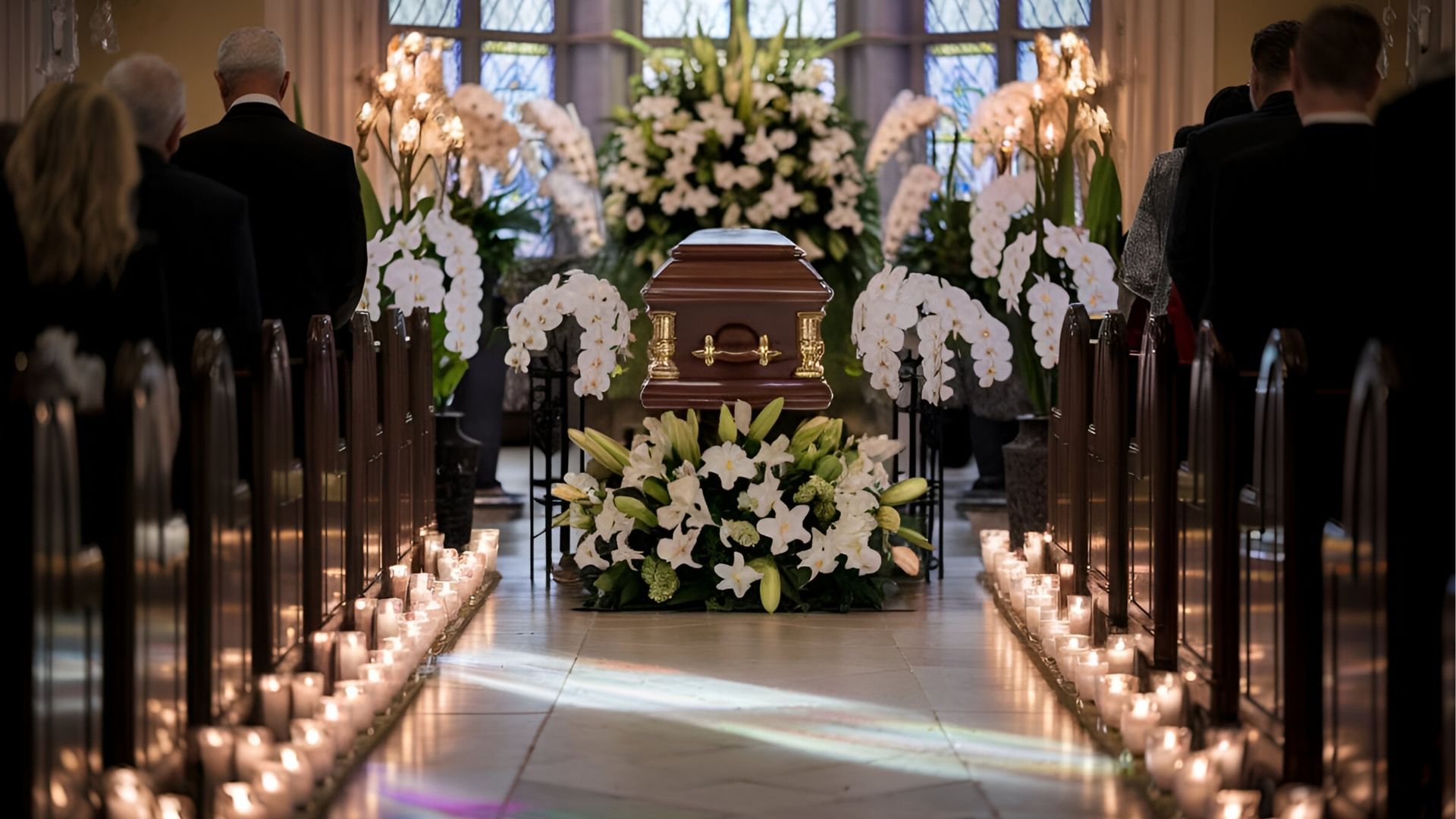Wills and probate: executor vs administrator
Who handles a person's will and probate? Learn the difference between an executor and an administrator.

You might hear terms like 'executor', 'administrator' and 'probate' when discussing someone's will or their estate. But what do they actually mean?
This guide explains the difference between an executor and an administrator and what each role involves. It also looks at when each role is needed and what to expect if you're asked to take it on.
What is probate?
Probate is the legal process of dealing with a person's estate after their death. An estate is everything a person owned, including their money, property and possessions. If they left a will, it will also involve making sure their wishes are carried out according to that will.
You usually need legal permission to start dealing with someone's estate. This permission is called:
- A 'grant of probate' if there's a will
- A 'grant of letters of administration' if there's no will
What's the difference between an executor and an administrator?
If the person who died left a will, it will name an executor. This is the person who will deal with the estate.
If there's no will, a close relative (usually a spouse, parent or adult child) can apply to become the administrator.
The roles are very similar. Both involve collecting the person's assets, paying off any debts and passing on what's left to the right people. However, the route to getting permission is different, depending on whether a valid will exists.
What does an executor do?
If someone named you in their will as their executor, you are legally responsible for dealing with their estate.
Your duties may include:
- Registering the death
- Applying for probate
- Notifying banks, pensions and other organisations
- Paying any debts or taxes owed
- Distributing money or belongings as set out in the will

You can have more than one executor. It's common to name two – sometimes a family member and a solicitor or two siblings. Executors can work together or divide tasks.
It's important to remember that if you're named as an executor and don't feel able to take it on, you don't have to. You can step back or appoint someone else to act on your behalf.
What does an administrator do?
If there's no will, there's no named executor. Instead, someone close to the person who has died must apply to be the administrator. This is usually the next of kin – often a partner, adult child or parent.
You'll need to apply for a grant of letters of administration. Once this is granted, you'll be responsible for managing the estate in line with the law. You won't have a will to follow, so you'll need to use the rules of intestacy. These rules decide who inherits what.
(More on that below.)
The administrator's job is very similar to that of an executor but with fewer personal instructions to guide you. That can sometimes make things more complex.
When is probate needed?
You may not always need to apply for probate or letters of administration. For example, you might not need to if:
- The person who died held assets that were jointly owned and will pass to the other owner
- They had very little money or property
- The bank agrees to release the funds without a formal application
In many cases, however, probate is required – especially if the estate includes property or significant savings.
If you're not sure, speak to a solicitor, a bank or your funeral director. They should be able to guide you on whether probate is necessary in your situation.

How long does probate take?
Probate usually takes between six and 12 months, but it can vary. It depends on the size and complexity of the estate and whether there are any disputes.
As an executor or administrator, it's your job to keep things moving – but some delays are out of your hands. You might end up waiting for paperwork from banks, responses from other family members or confirmation from the probate registry.
What if there's no will at all?
If a person dies without a will, this is known as 'dying intestate'. In this case:
- No executor is named
- The estate is divided using legal rules (the rules of intestacy)
- A close family member applies to be the administrator
These rules can feel quite strict. For example, unmarried partners don't automatically inherit anything – even if they lived together for many years. This can be difficult for families who expected different arrangements.
If you're in this situation, it's a good idea to get legal advice on what steps to take.
What if I don't want to act as executor or administrator?
It's okay to say no. If you don't feel able to take on the role, you can step back. Another person named in the will may be able to act instead. Alternatively, you can appoint a solicitor.
Are you the only person eligible? You can ask a solicitor to help you work through what's possible. There may be a fee for this, but it can ease the burden.
AFD is a team of independent funeral directors based in North London. We're here to offer step-by-step guidance to help you plan the funeral you want. For more advice on funerals, memorials and probate, follow the AFD blog.












